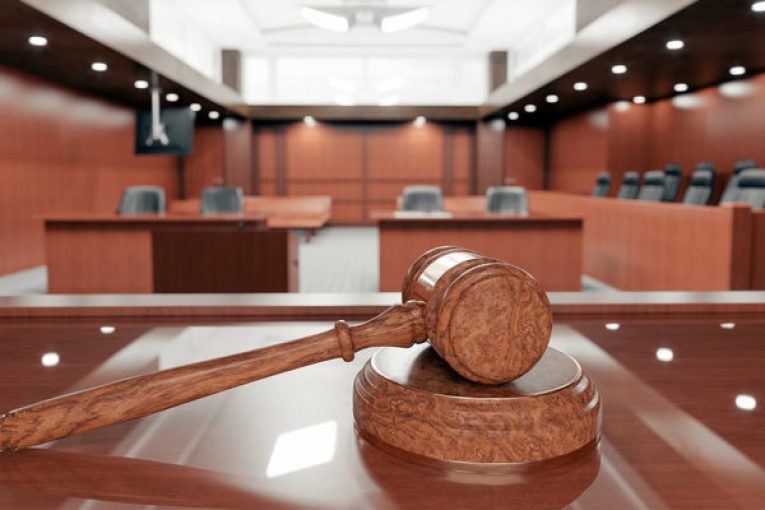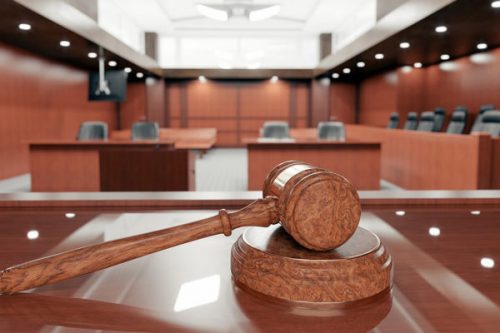

By Perla Chavez
ATLANTA, GA – Miriam Krinsky, executive director of Fair and Just Prosecution, this week criticized Georgia Gov. Brian Kemp’s approval of Senate Bill 332, a renewed attempt to establish an unelected Professional Attorneys Qualifications Commission, tasked with investigating local district attorneys and solicitors general.
The FJP, a network of elected prosecutors, said in a statement the previous attempt to pass the bill was denied by Georgia’s Supreme Court, and Krinsky claims their current effort bypasses the requirement for the state Supreme Court to approve the commission’s rules.
Krinsky’s statement notes Kemp enacted legislation enabling a commission of appointed members to independently investigate and discipline locally elected prosecutors who may hold contrasting perspectives.
Krinsky explains the legislature passed this current bill, granting the commission authority to operate independently of the Court’s approval, following the Georgia Supreme Court’s refusal to endorse the commission’s conduct regulations, as mandated by an earlier iteration of this legislation.
As mentioned in the statement, eliminating the Court’s supervision, SB 332 grants a group of partisan appointees the authority to dismiss duly elected officials entrusted by their communities to uphold their vision of justice.
Despite assertions, FJP calls attention to the fact that this law does not prioritize public safety but rather reflects efforts by certain state leaders to undermine prosecutorial independence and impose their views on voters with differing opinions.
The FJP statement highlights the principles of U.S. democracy that are being jeopardized by the oversight commission because it encroaches on voters’ rights to be represented by their own elected leaders, as discussed by 80 criminal justice leaders in an amicus brief.
Krinsky charged, “Despite claims to the contrary, this law is not about public safety, but instead stems from efforts by some state leaders to erode well-established prosecutorial independence and discretion and substitute their views for that of voters who think differently than them.
“As more than 80 criminal justice leaders argued in an amicus brief, the oversight commission threatens the very foundations of our democracy by infringing on the rights of voters to be represented by their chosen elected leaders.
“In doing so, these actions undermine the integrity of the criminal legal system and erode trust in our democracy. And our communities will suffer as a result.”